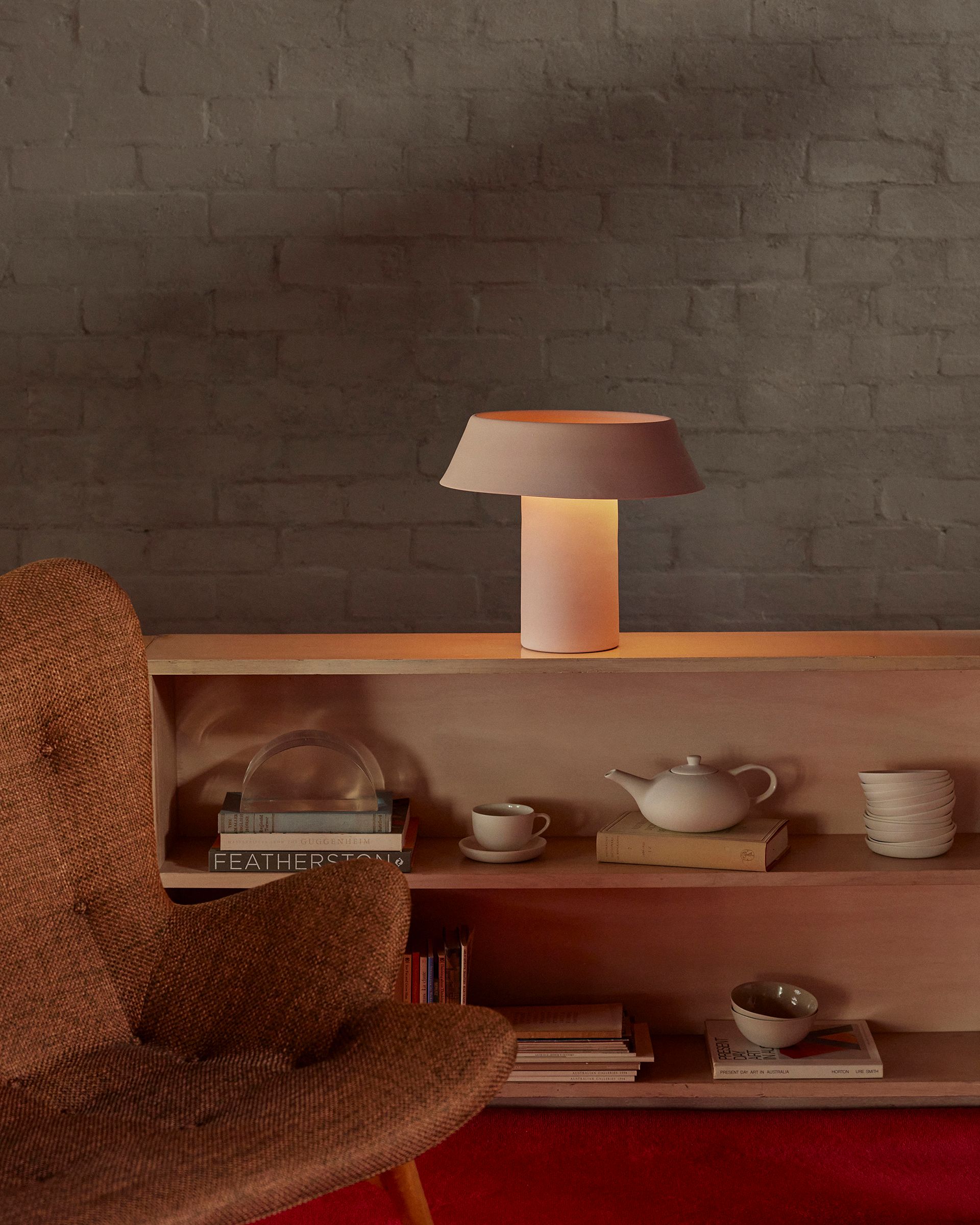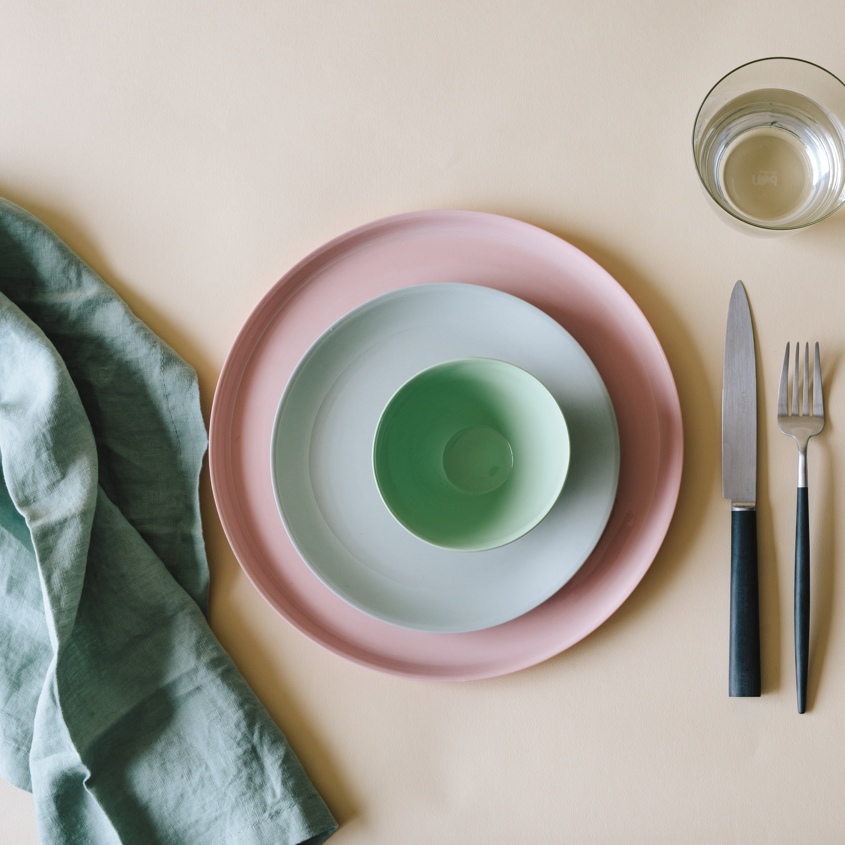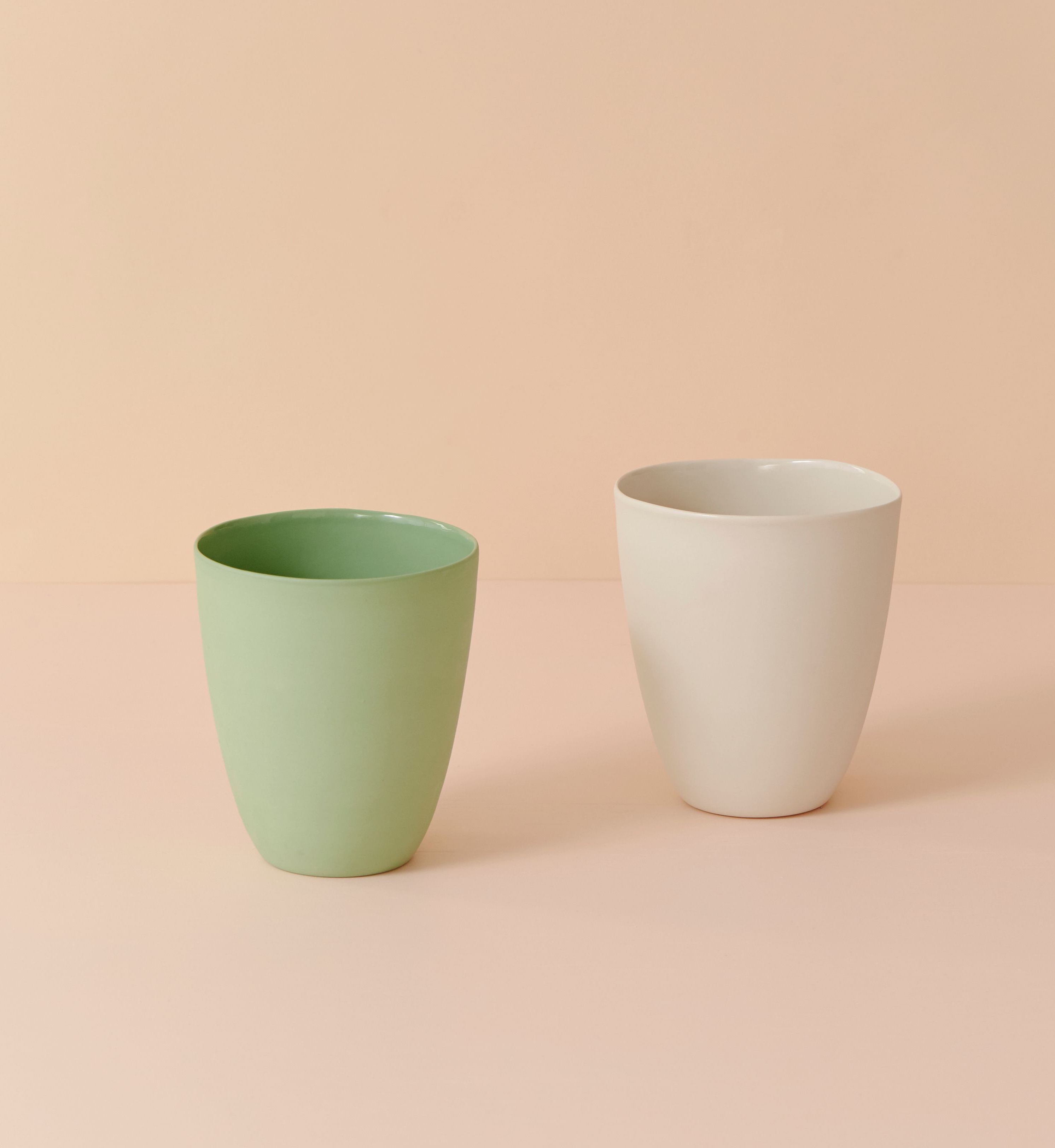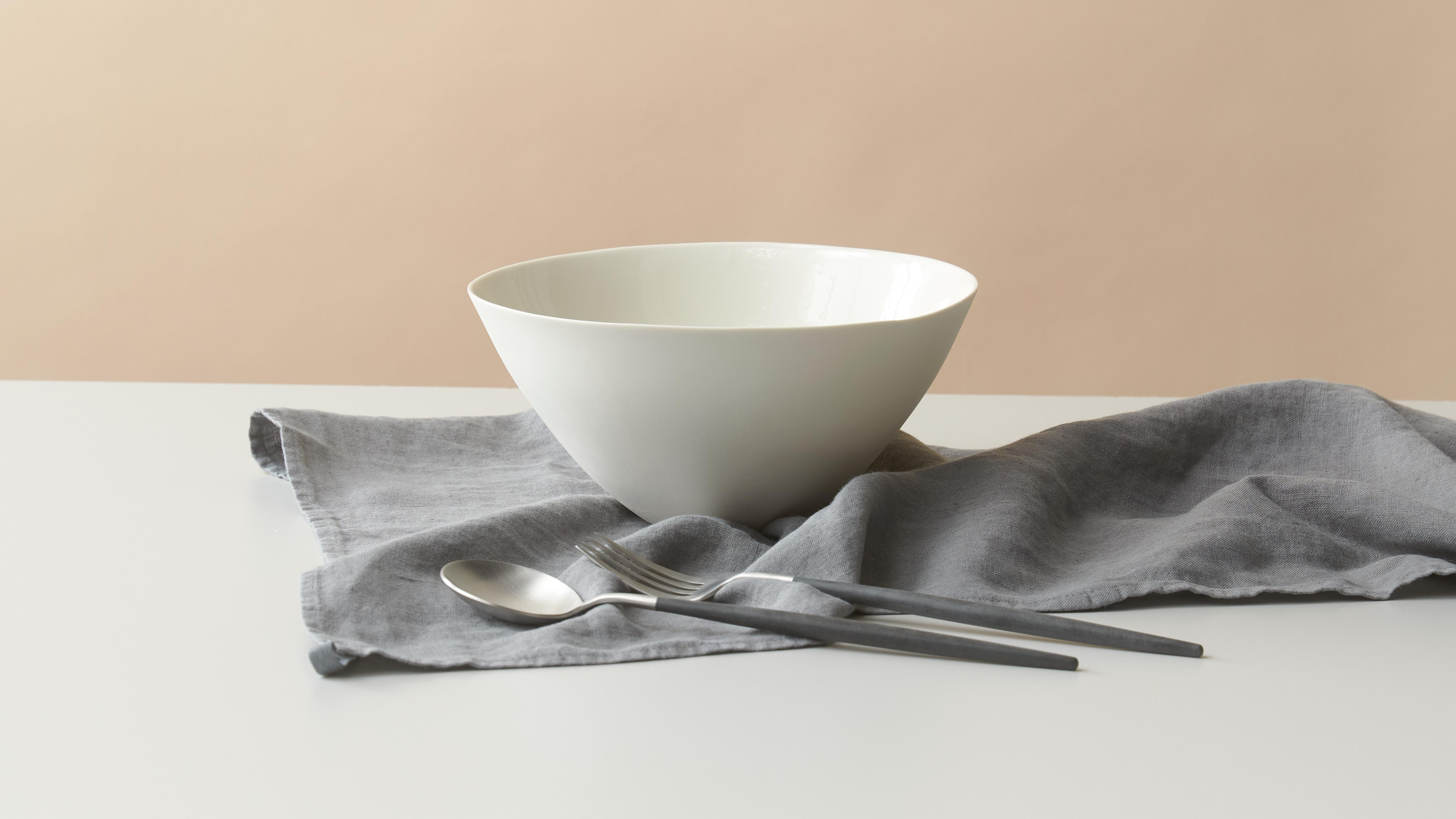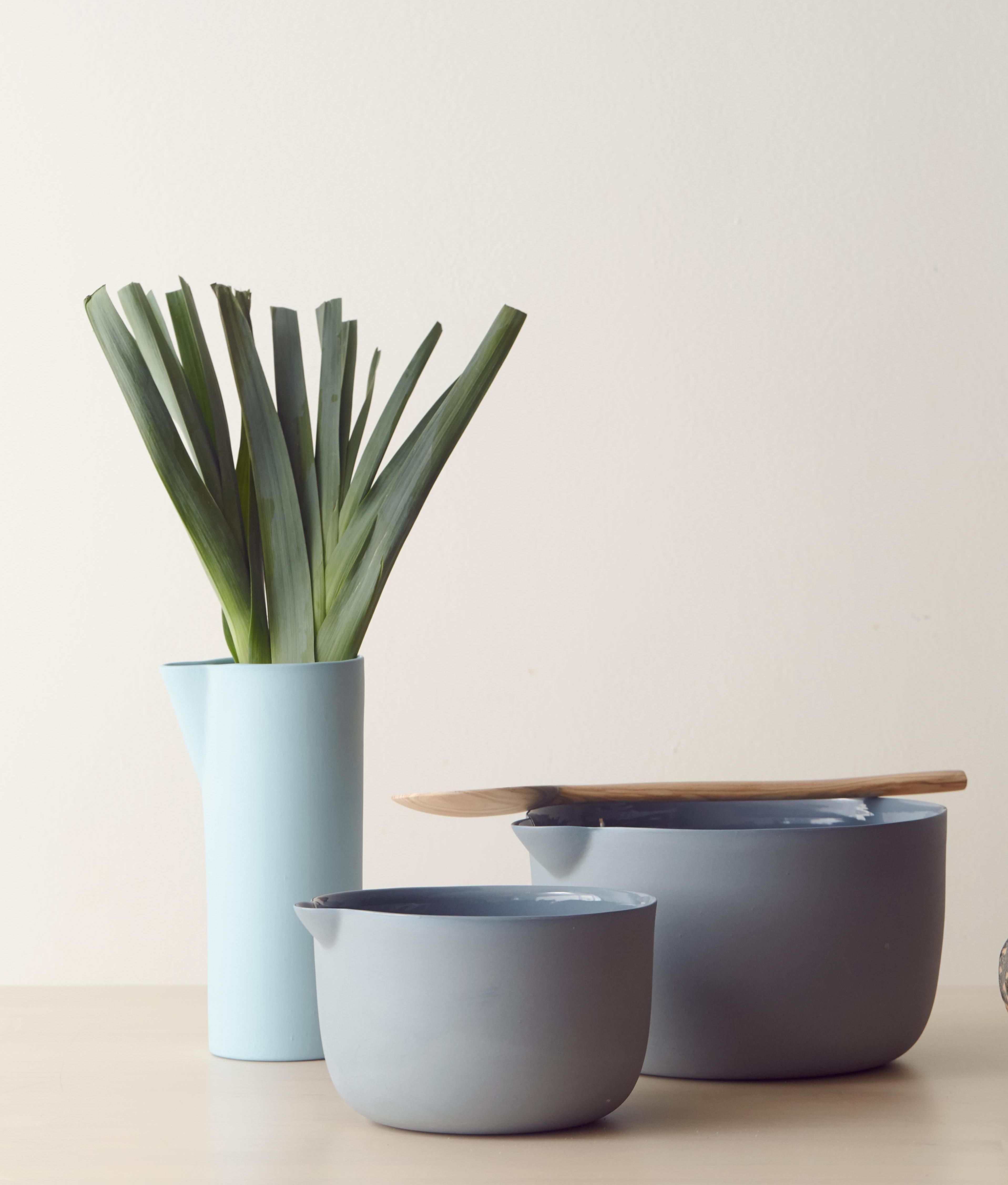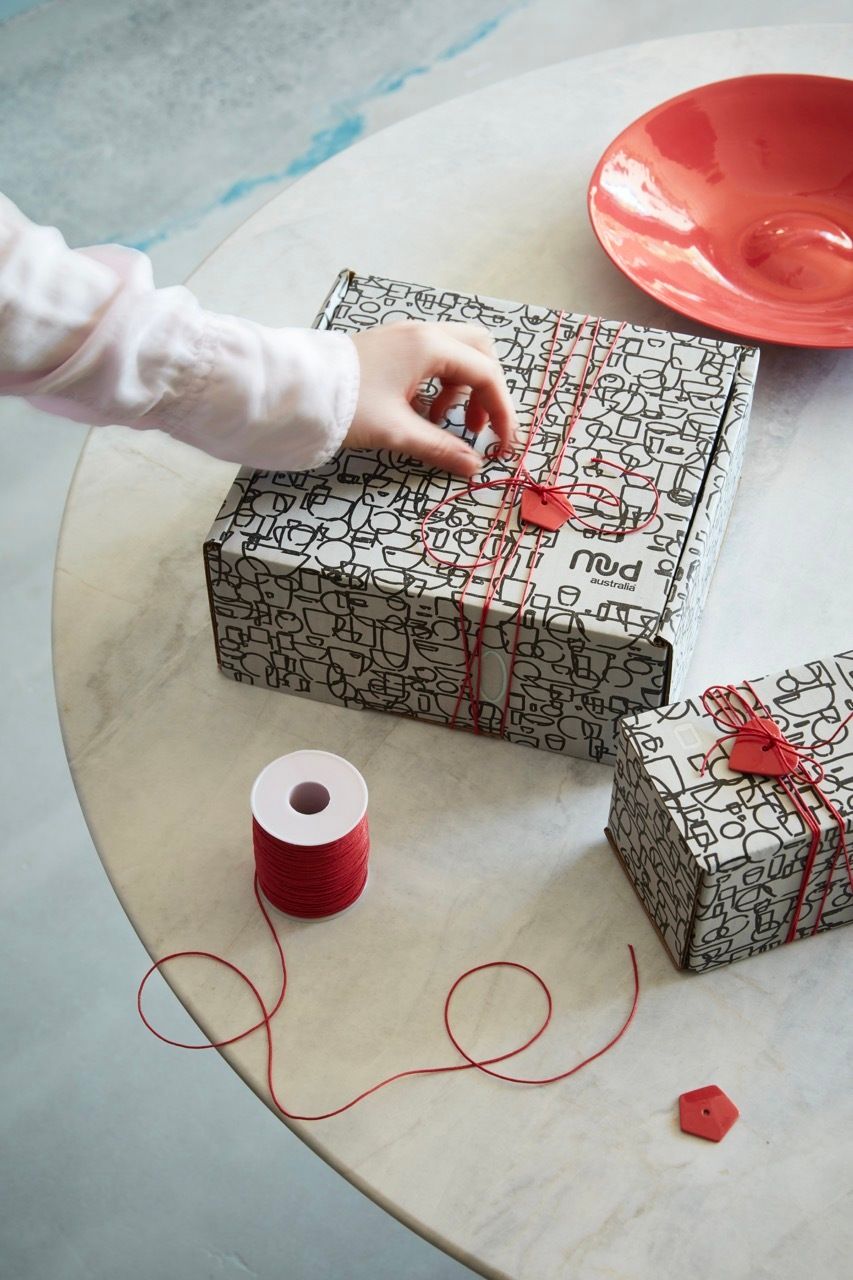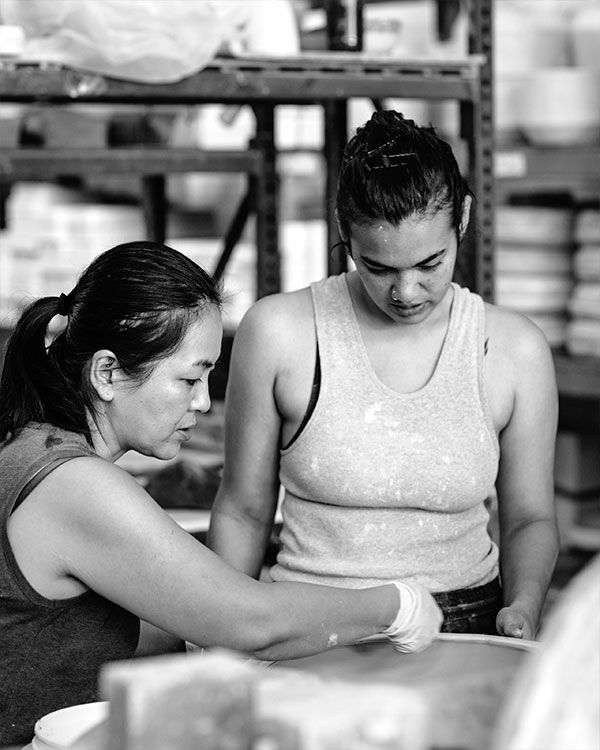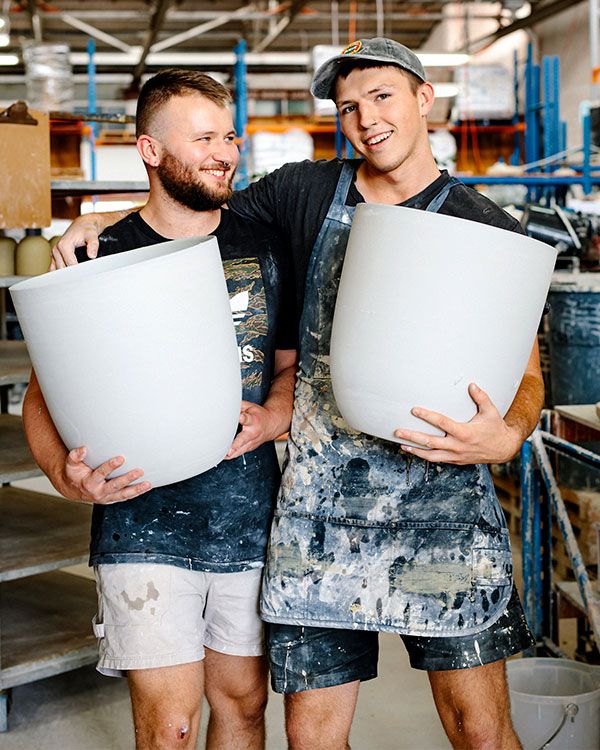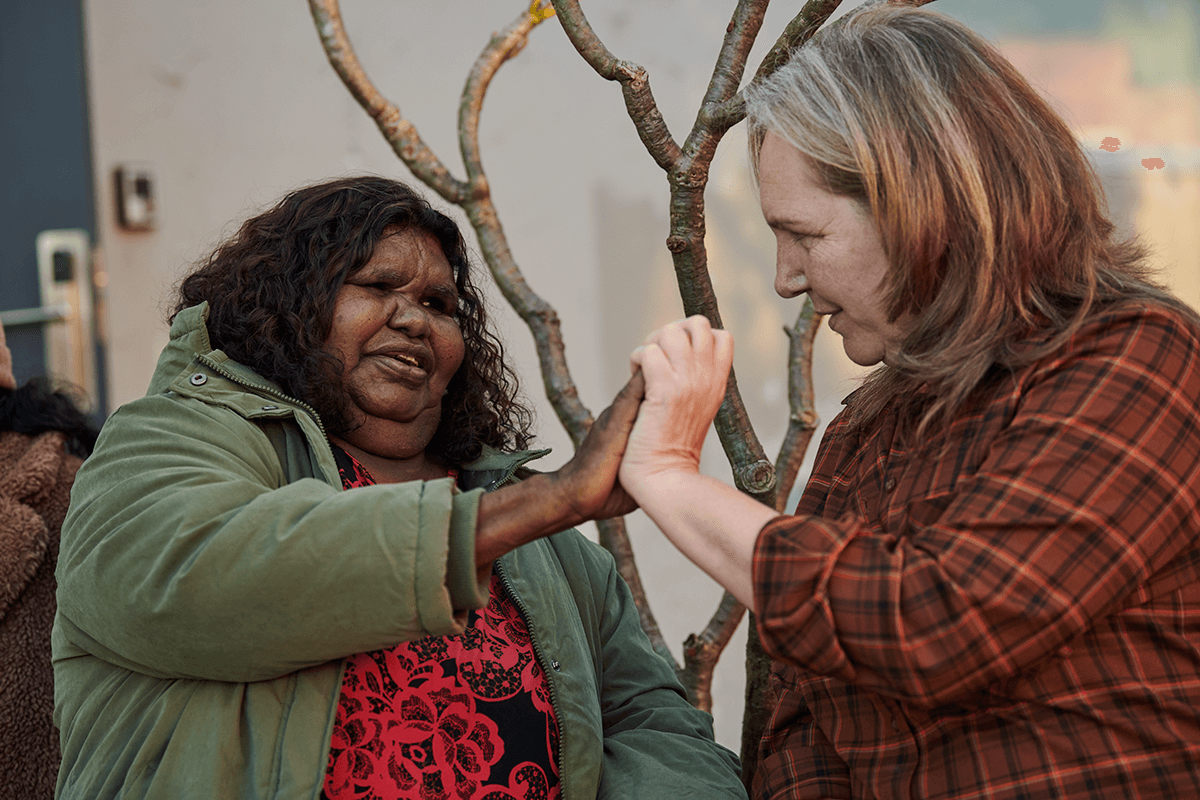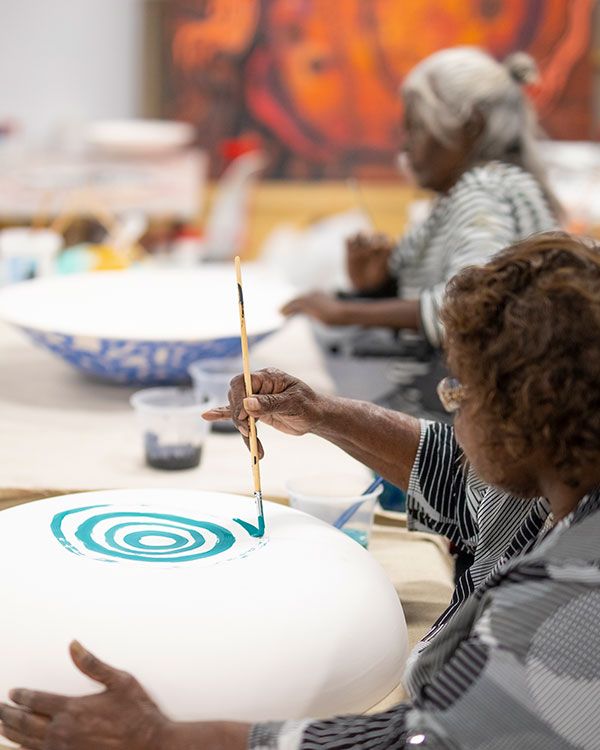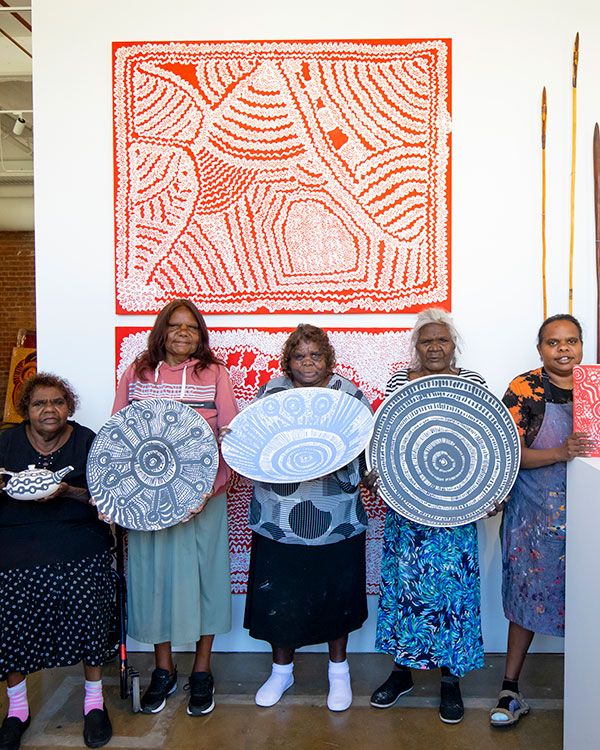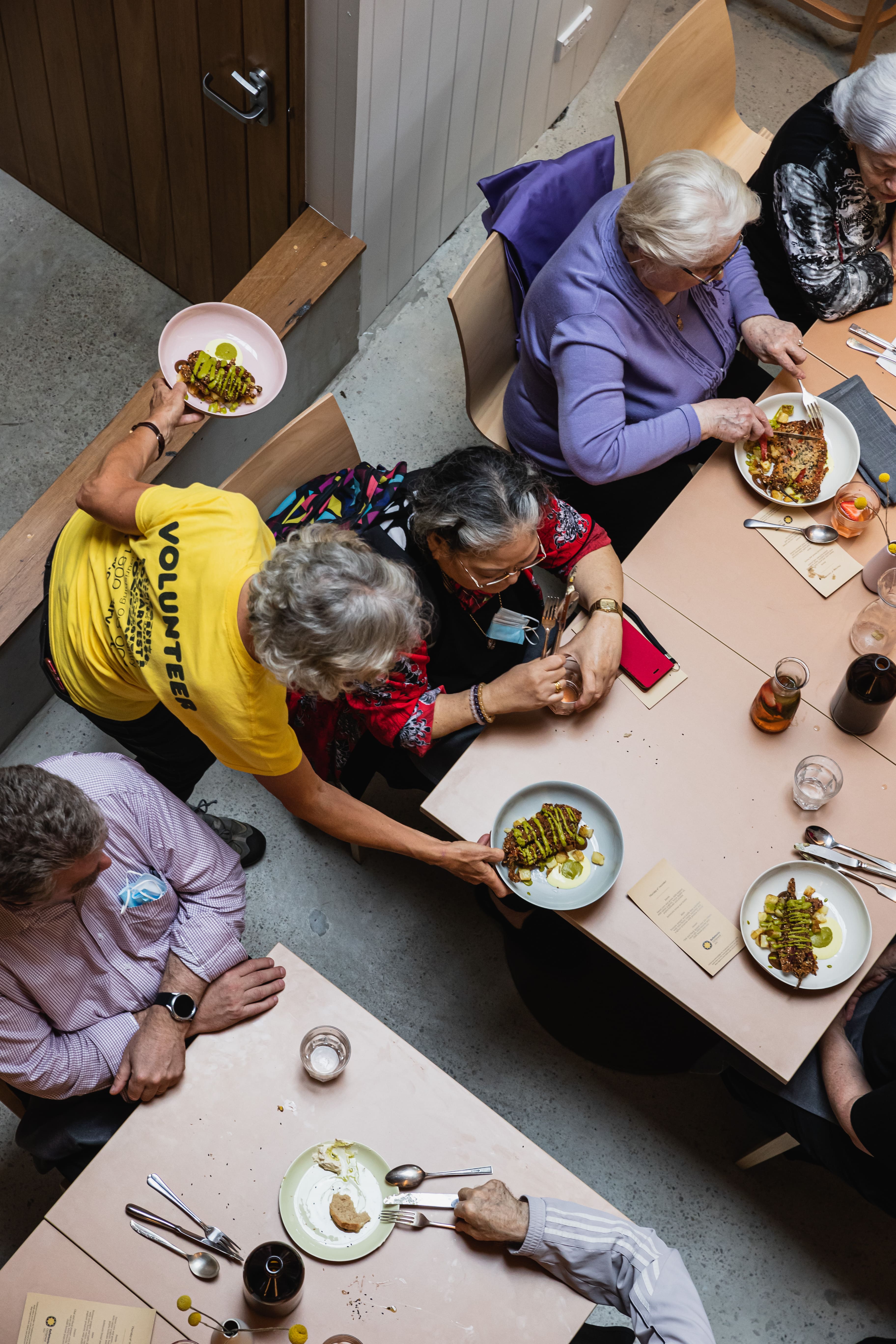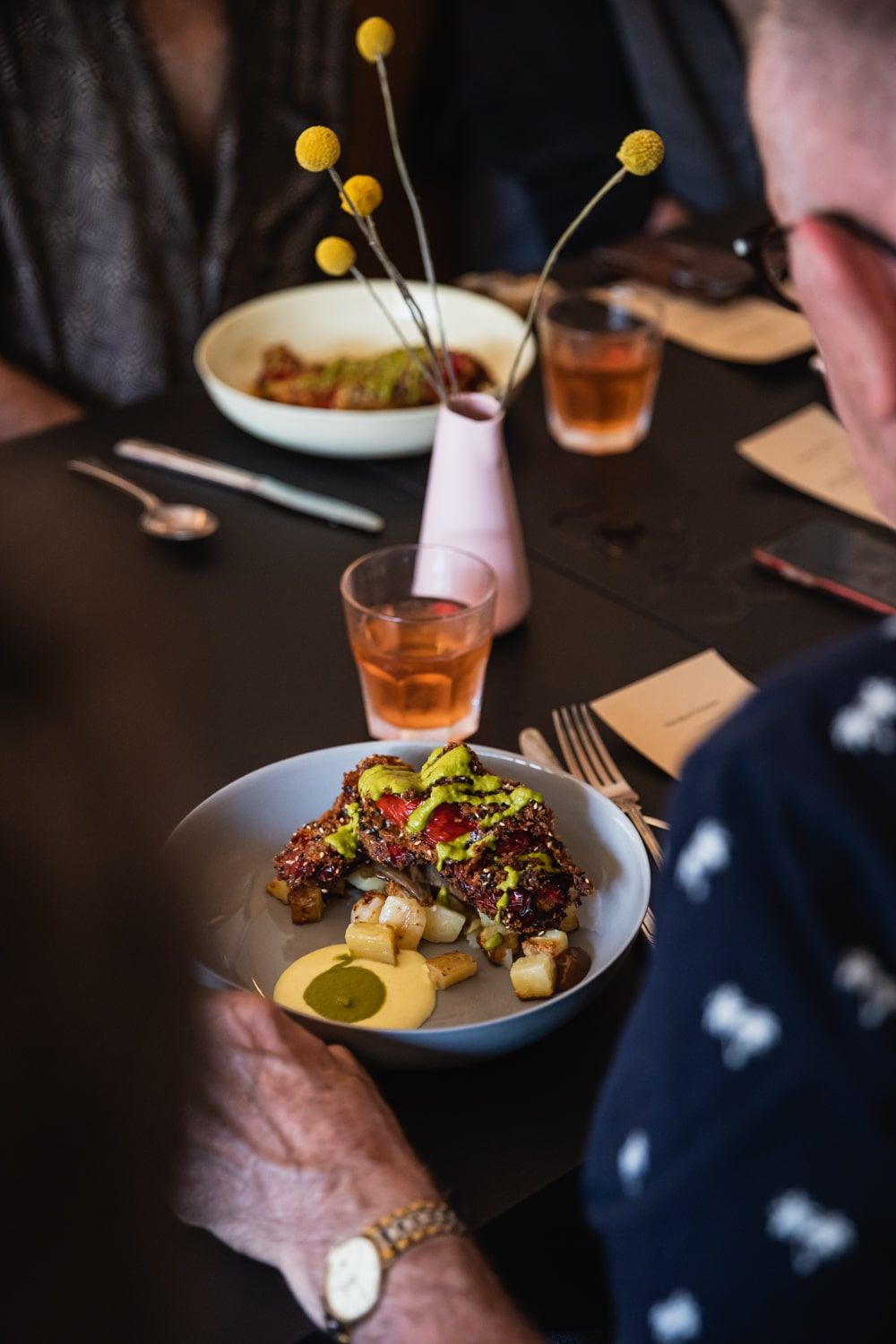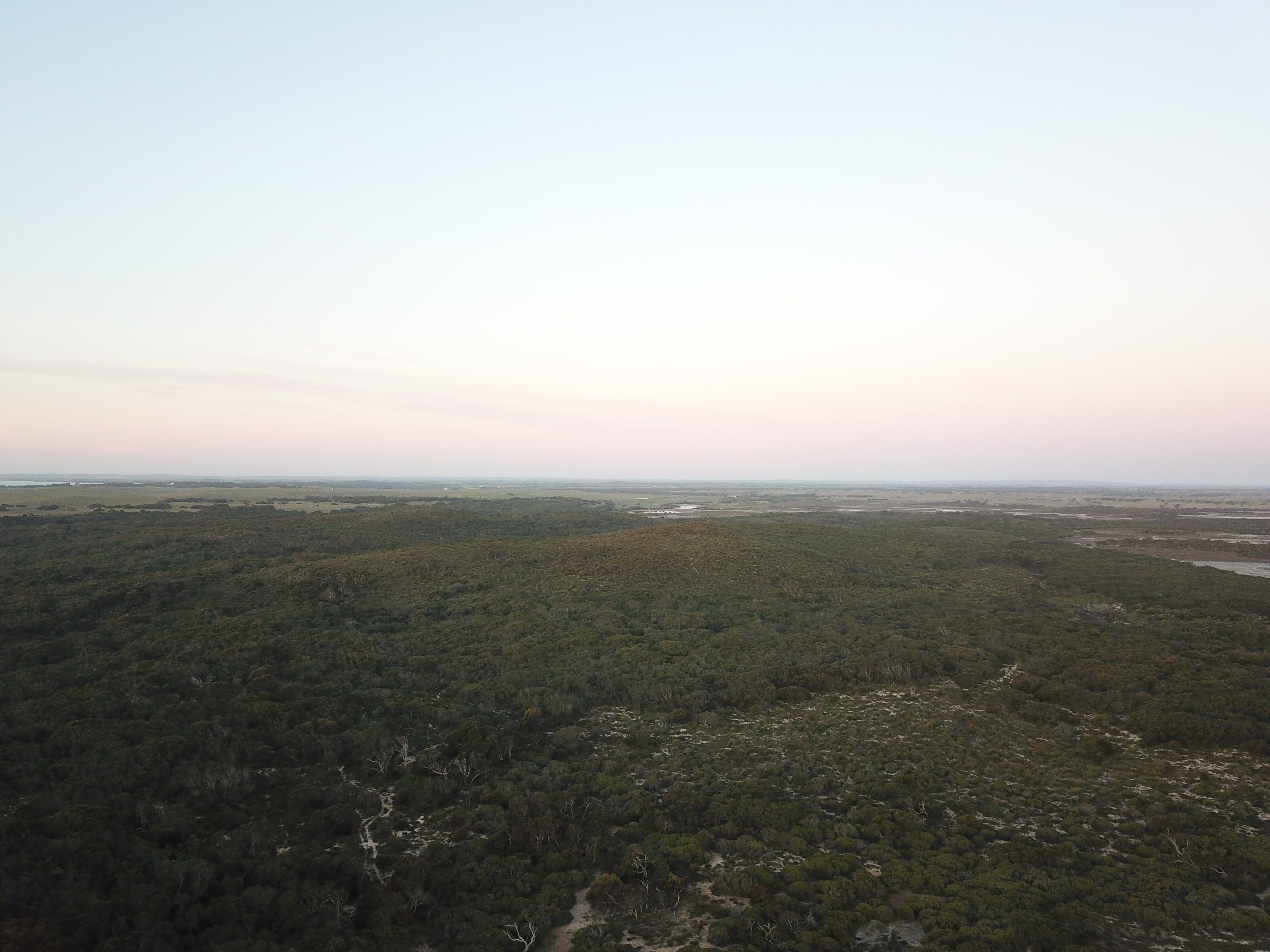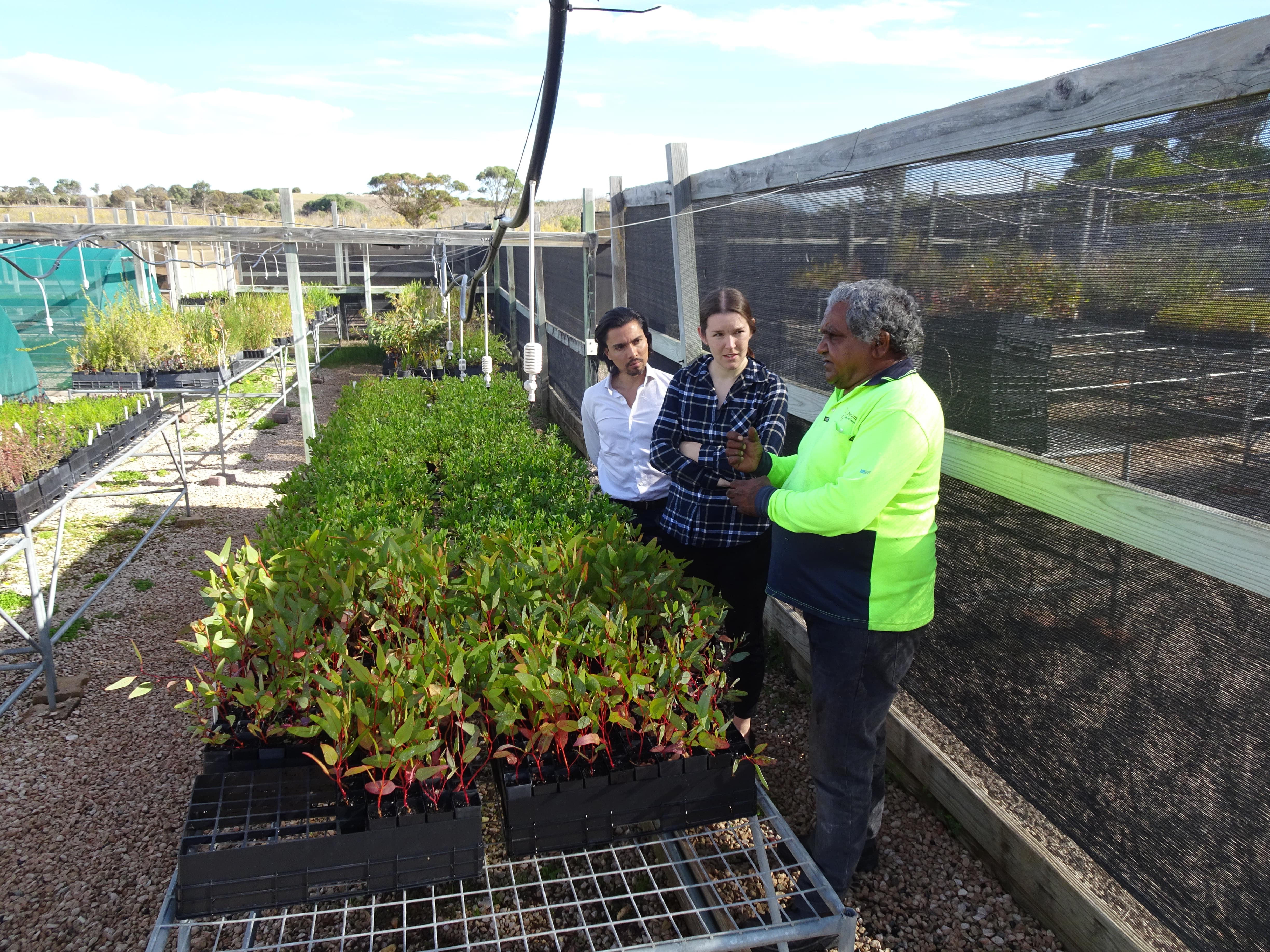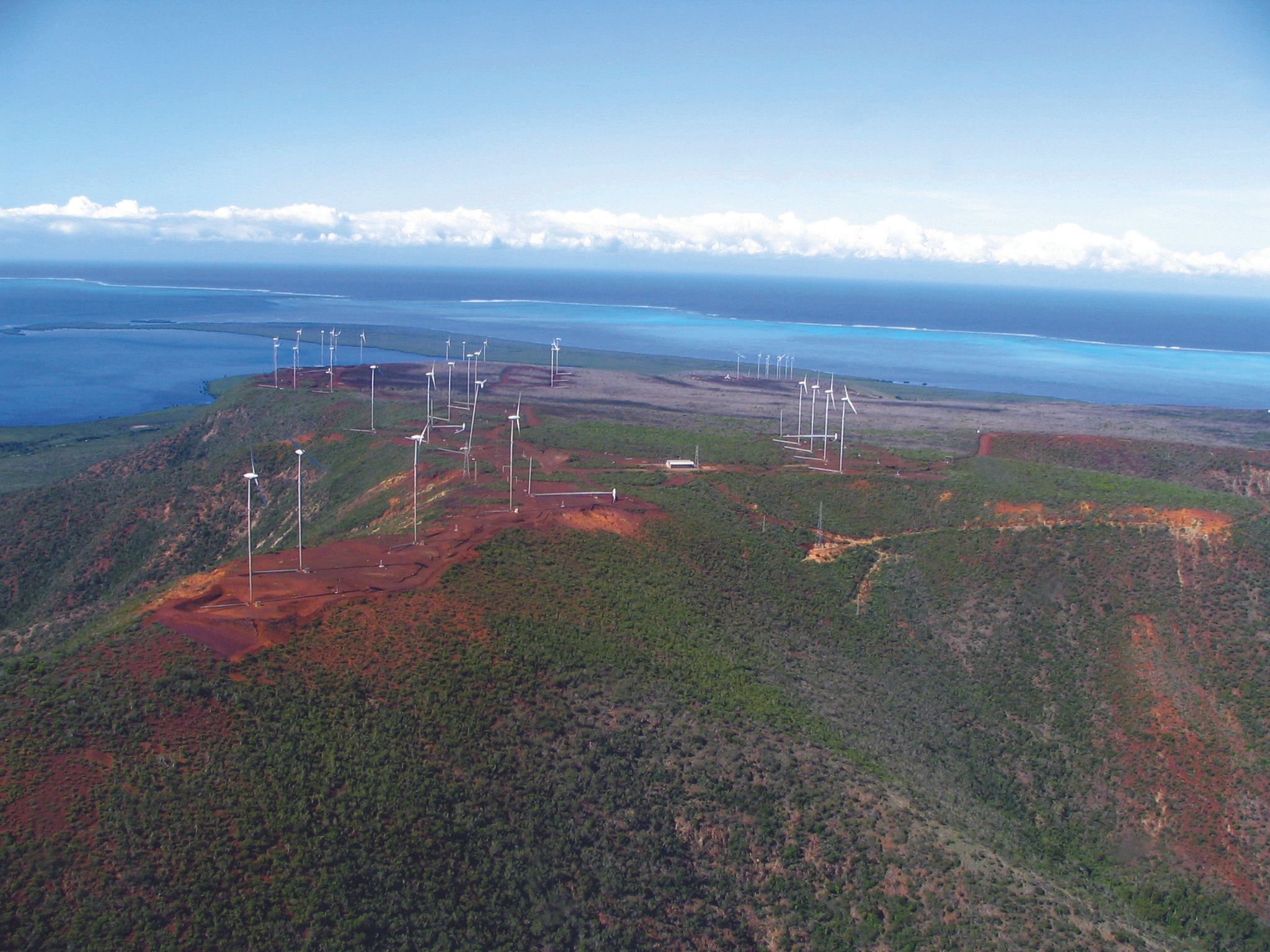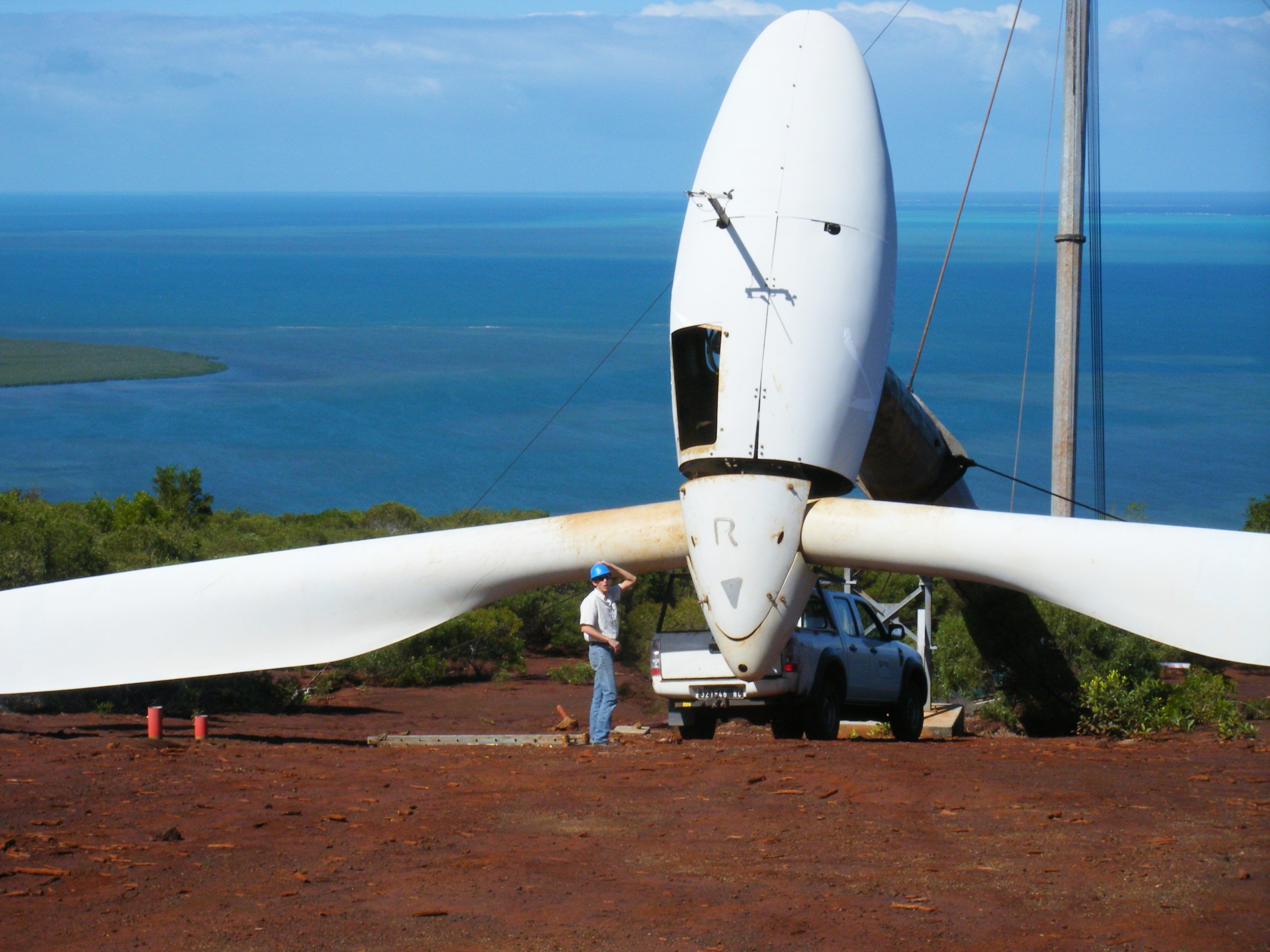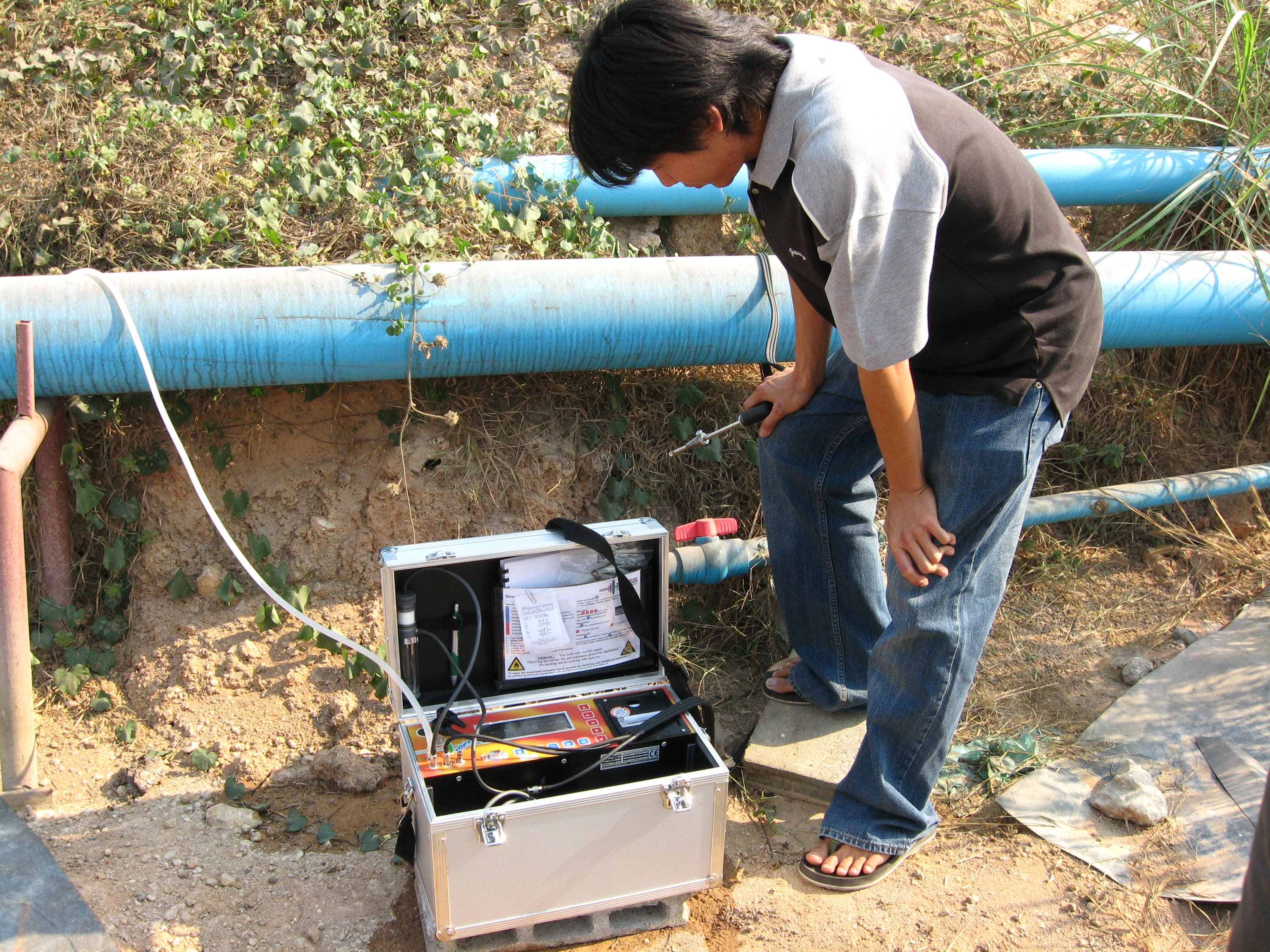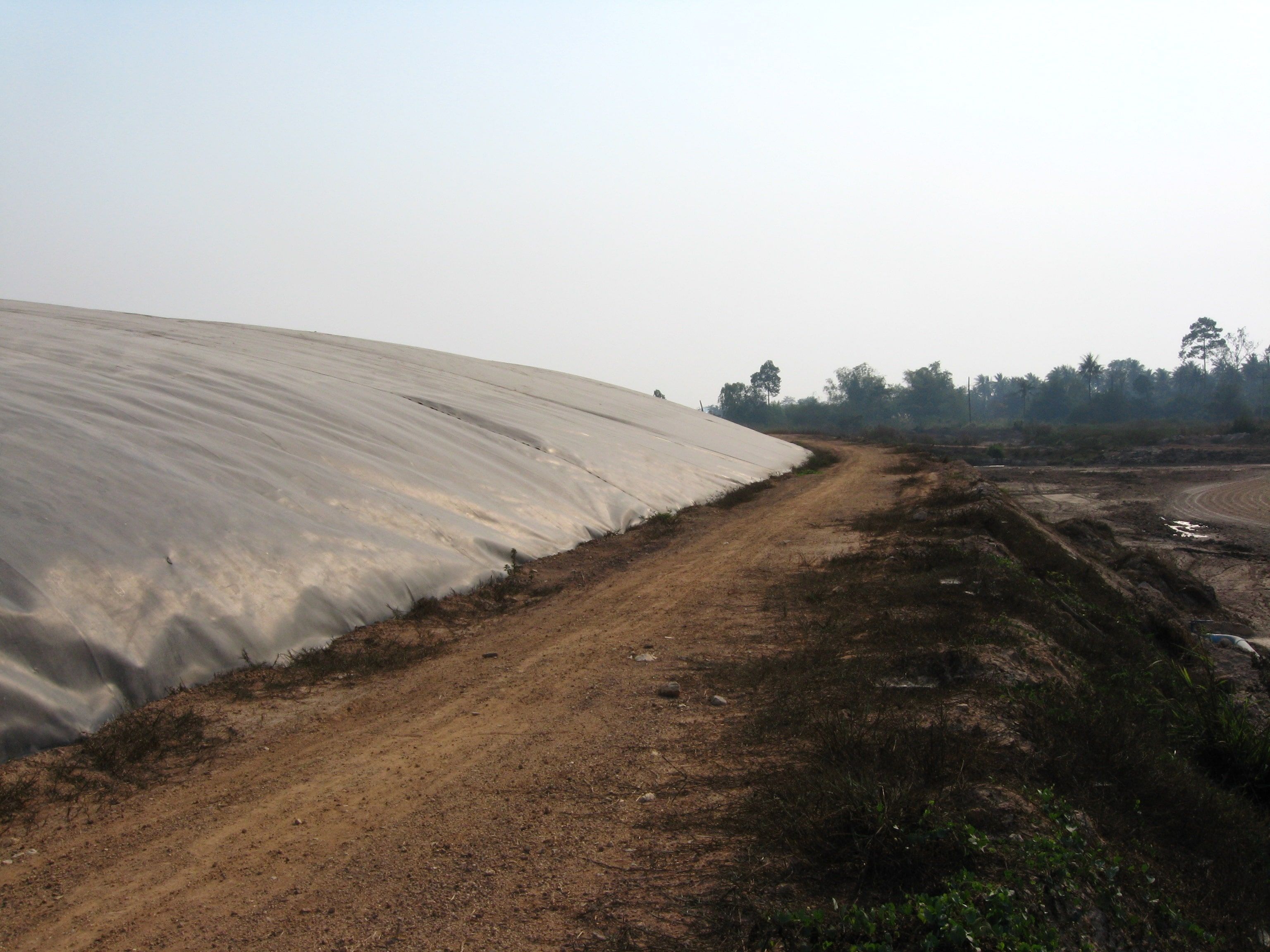Discover our unique collections, thoughtfully designed to suit every style and occasion.
Since 1994, Mud Australia has created elegant and timeless porcelain homewares.
The original Mud Australia store opened in Woollahra in 2007. Since then we’ve opened 14 stores globally.
Explore inspiration, gift registries, corporate gifting and gift cards.
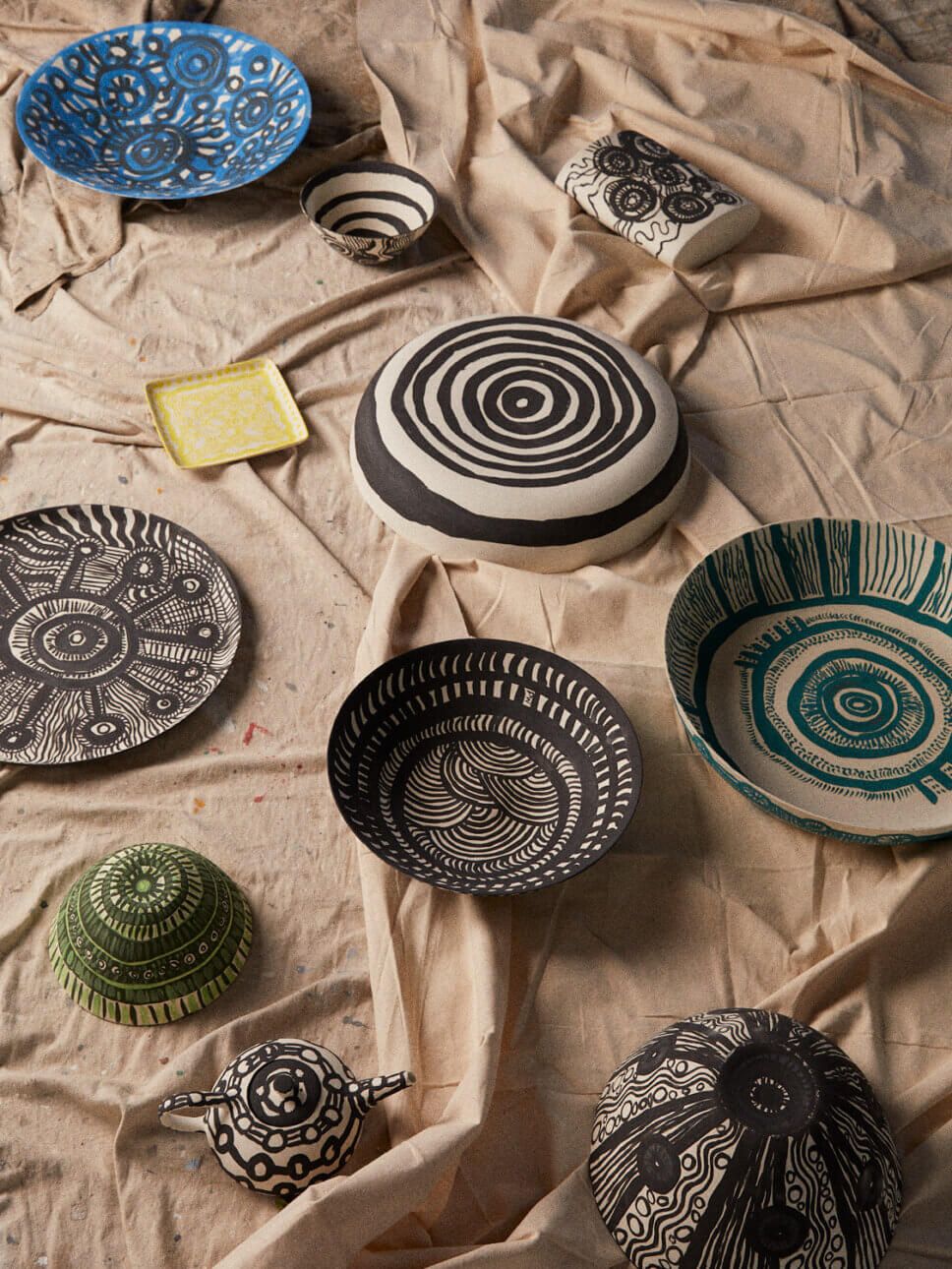
Mud Australia understands an enriching, inclusive and diverse workplace for all employees is intrinsic to societal sustainability. We have implemented various community-orientated projects to encourage a healthy, happy and progressive work environment. These include:
Workplace diversity
Mud Australia’s continued success comes from the many people who work with us in our studio, office and stores.
We seek and recruit diversity for the many benefits it brings to our business.
We’re a fun but respectful workplace that loves employing people with personality, passion and skills.
Annex by Mud Australia
Many of our team have their own creative practice. To promote their creativity, we host a biennial event called ‘Annex by Mud Australia’ that provides an environment for them to exhibit and sell their art as part of the Marrickville Creative Trails.
Reconciliation efforts
Mud Australia acknowledges the Gadigal peoples as the Traditional Custodians of the Eora Nation on which we create our products. We pay our respects to Elders past, present and emerging. We recognise their continuous connection to culture, community and Country and support the Uluru Statement from the Heart.
Each year we undertake Indigenous Cultural Education Training with Mirri Mirri in our Sydney studio. This gives our studio team members the opportunity to gain a better understanding of our Indigenous cultures and build stronger, more effective relationships with Aboriginal and Torres Strait Islander people and communities.
View Mirri Mirri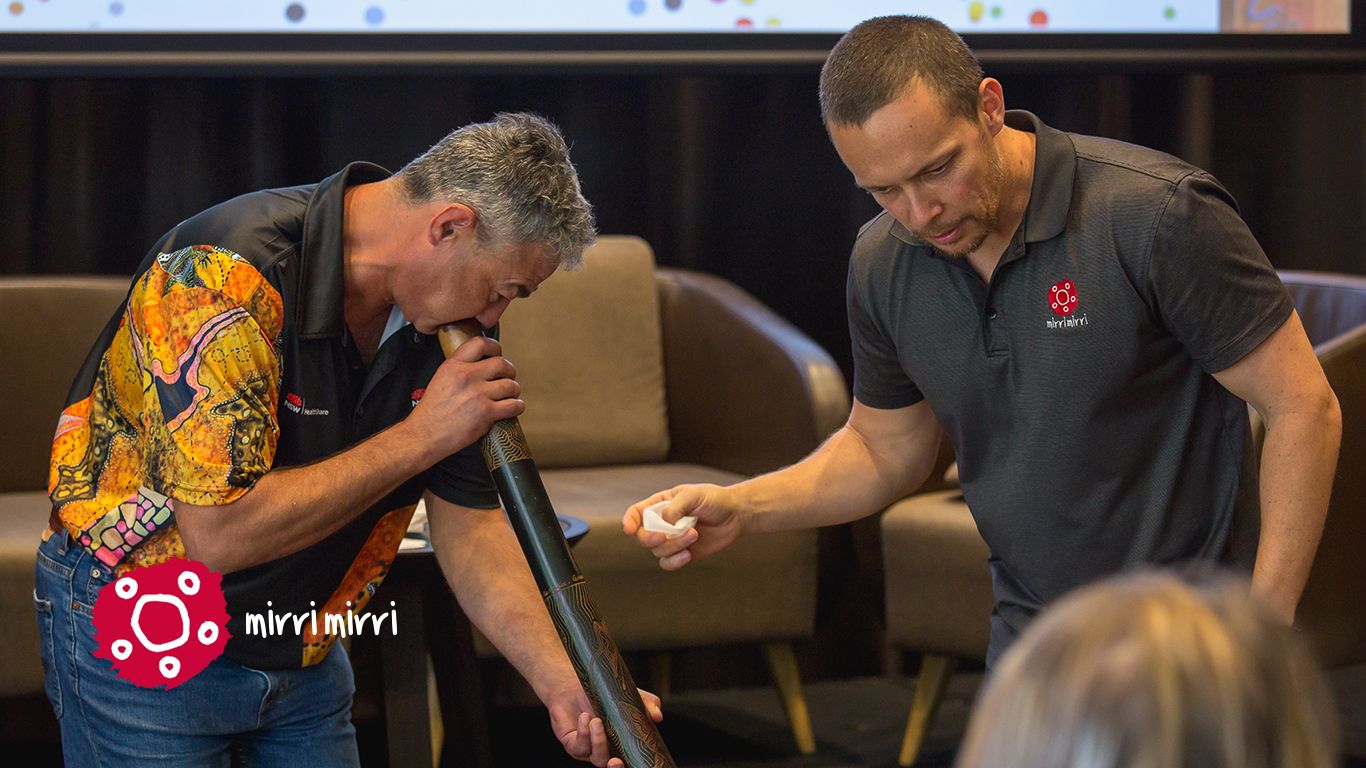
APY Art Centre Collective x Mud Australia
Over the past 2 years, Mud Australia has partnered with artists from APY Art Centre Collective — a group of Indigenous owned and governed art centres with a united vision on strategic and collaborative artistic projects.
The Anangu Pitjantjatjara Yankunytjatjara Lands (APY Lands) is located in the far northwest of South Australia. Here, art centres facilitate and market the work of 500+ indigenous artists. These centres provide industry and income to members of the community through their art practice. The art centre also provides a creative place for indigenous artists to connect, which is vital to communities that struggle with complex physical and social conditions marked by intergenerational trauma, remoteness, poverty and ill health.
In 2020 and 2021, we donated sculptural porcelain pieces to APY Lands artists to be used as blank canvases. Each piece was hand-painted and transformed into an incredible artwork by a different APY Lands artist. Both art projects sold out, with 80% of the proceeds going directly to APY Lands artists and 20% being reinvested into not-for-profit projects handled by the APYACC.
This year Mud Australia will continue its partnership with APYACC to further develop and support APY Lands artists' skills in the creative process of porcelain making, as well as facilitate ceramic practice and industry in remote APY Lands communities – including their new studio in Thebarton, South Australia.
This reinforces the continuing and enduring partnership between Mud Australia and APYACC, sharing and celebrating knowledge of indigenous cultures and connection to Country.
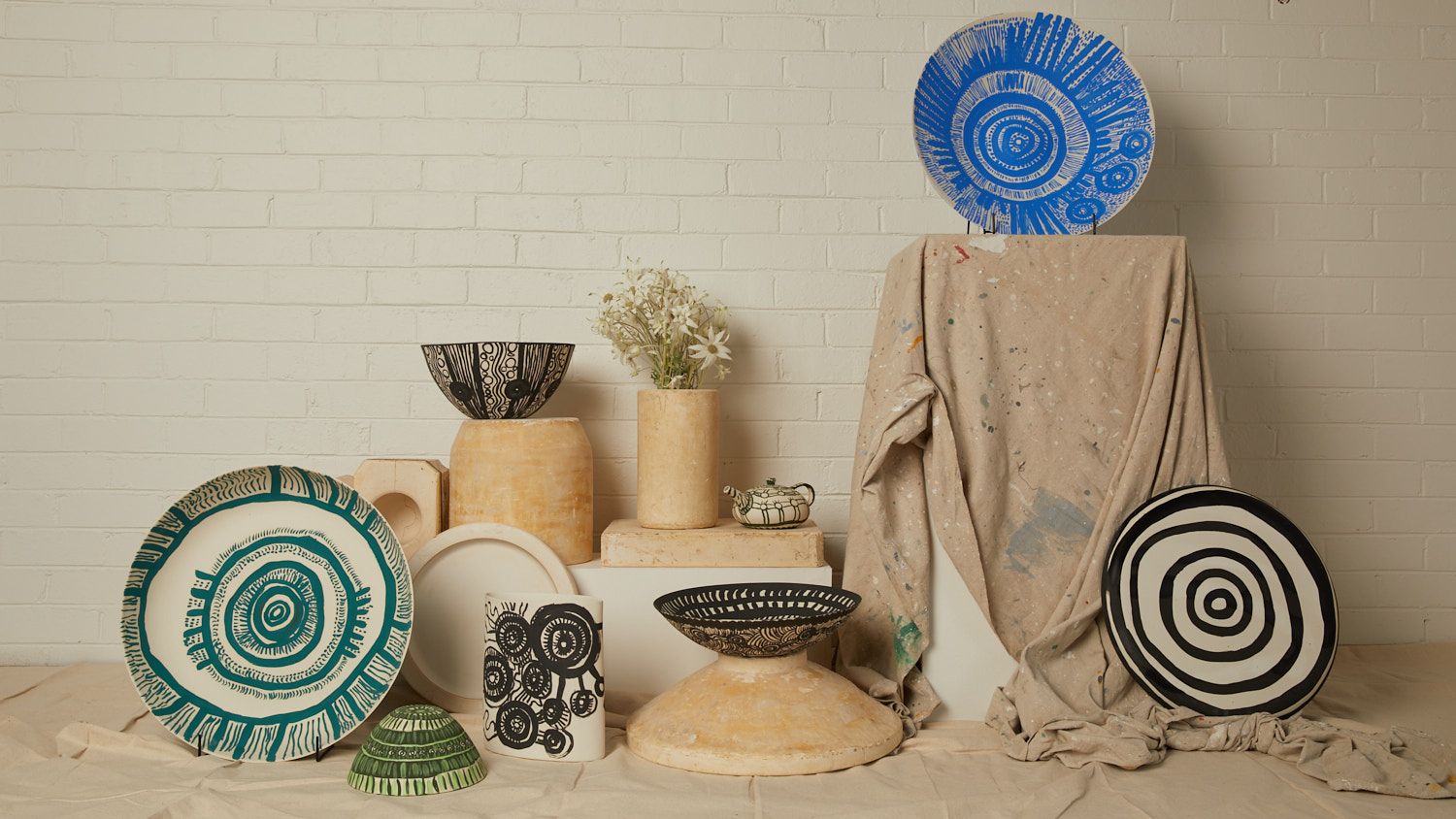
The Shelley Simpson Ceramics Prize (SSCP)
Launched in 2020, the Shelley Simpson Ceramics Prize is funded by Mud Australia. This annual $10,000 Prize is awarded to an outstanding student in the field of ceramics to support their final year of studies. This Prize is designed to nurture the next generation of Australian artists and encourage innovations in the craft of our ceramics community. You can read more about this prize here.
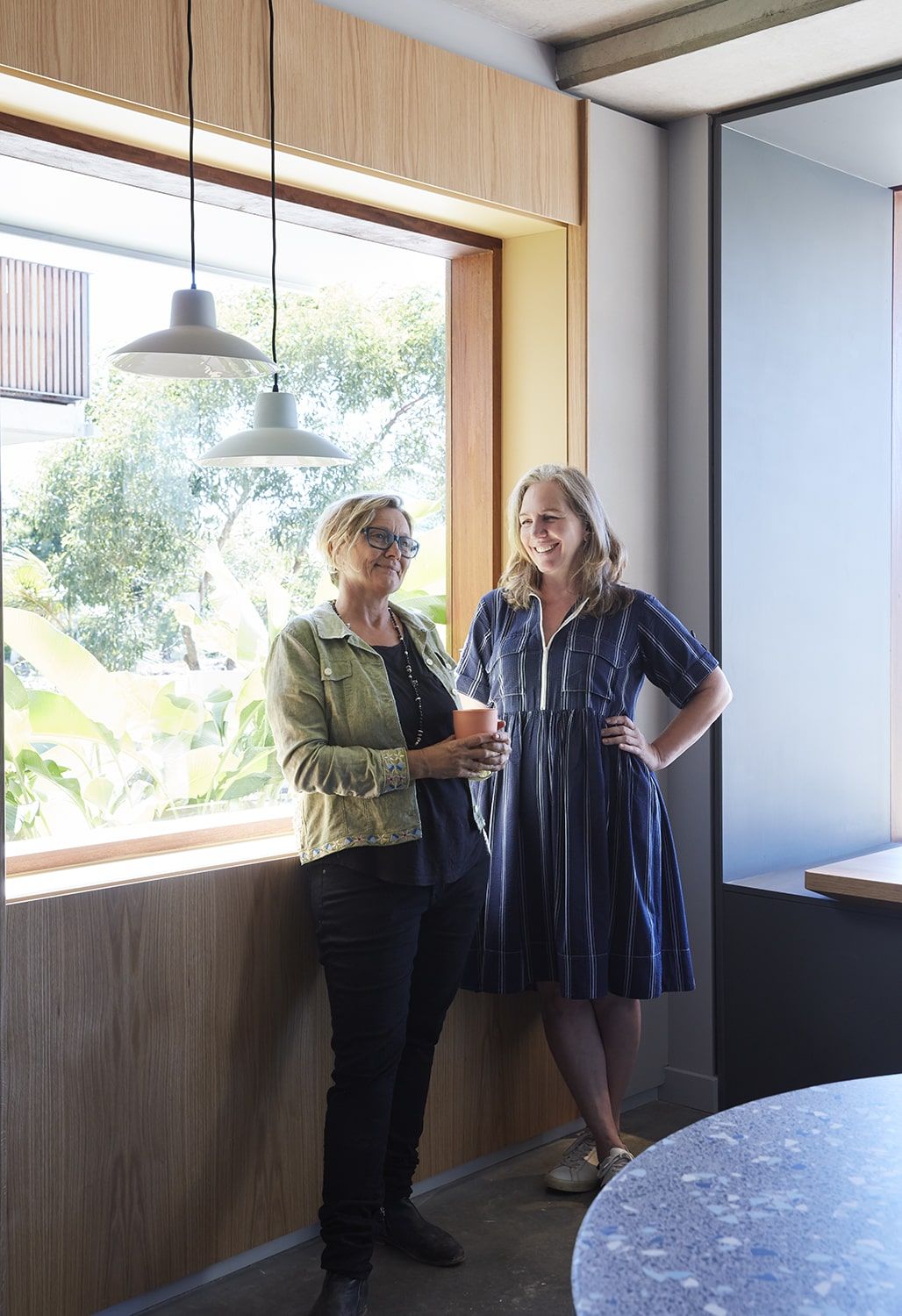
Pictured: Shelley Simpson with SSCP 2022 winner, Phaedra Davy.
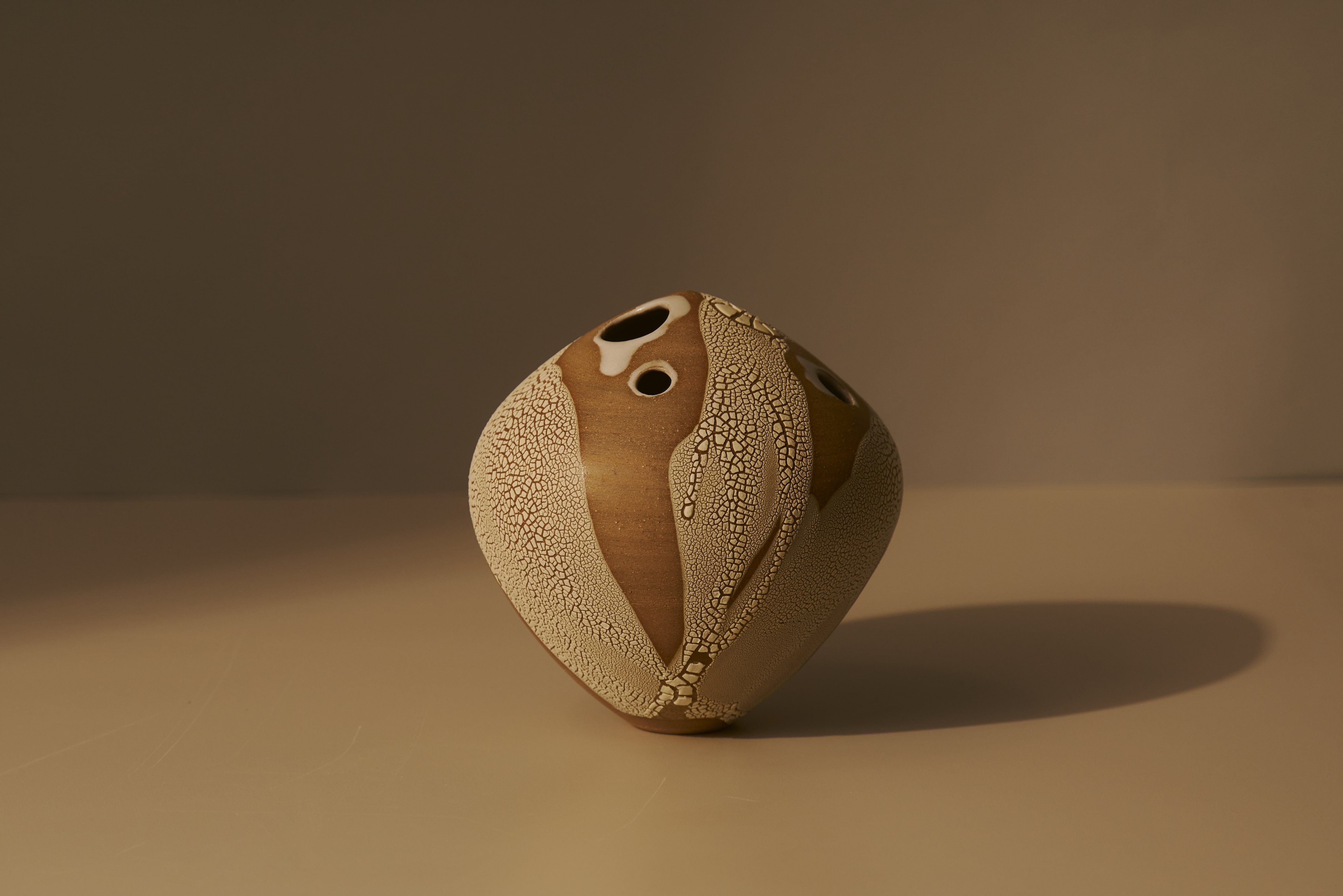
Pictured: Phaedra Davy's winning entry.
Refettorio Ozharvest
Refettorio Ozharvest Sydney is an Australian-first, social impact collaboration between OzHarvest and world renowned chef, Massimo Bottura and his charity Food for Soul. Refettorio brings together those in need with a warm, nourishing meal in a unique, community hub.
We’re proud to have partnered with Refettorio to support this unique project. Based on their zero-waste philosophy, we donated imperfect porcelain dinnerware to showcase ingredients rescued and transformed into gourmet vegetarian meals by OzHarvest chefs.
Supporting Education Locally
We’re passionate about donating to public and not-for-profit education institutions – if you’re a public school within one of our geographical communities, please contact us.
Photography by Nikki To.
Our sustainability mission
Mud Australia has always been dedicated to reducing our environmental footprint. We have been working with South Pole since 2019 to undergo annual carbon audits. We review our processes to minimise environmental impact, offset any carbon that cannot be practically avoided and set ambitious reduction targets to minimise our footprint.
Climate Action projects
South Pole has worked in over 40 countries to develop over 700 projects that avoid, reduce or absorb greenhouse gas (GHG) emissions.
Our entire carbon footprint is offset through carbon credits certified to internationally recognised standards. The projects we support include forest protection and renewable energy projects, including:
Mount Sandy Conservation, South Australia
The Coorong National Park and Lakes Alexandrina and Albert are the meeting point where the Murray, Australia's largest river feeds into the Southern Ocean. This region features some of the country's most breathtaking landscapes, however the land surrounding these national treasures has been largely cleared for agriculture.
The Mount Sandy project ensures permanent protection for a regionally and culturally important pocket of biodiversity-rich land in partnership with its Traditional Owners. Local birds, animals and plants flourish undisturbed, while native plants for revegetation will be supplied by the local nursery at Raukkan Aboriginal Community, a self-governed Indigenous community 50 kilometres northwest of the project site. Raukkan community members are also employed for onsite works including vegetation monitoring and mapping, fencing, and pest and weed control.
- 5 job opportunities for Indigenous Ngarrindjeri Australians.
- Partnerships for reconciliation between non-Indigenous Australians and Ngarrindjeri Traditional Owners for conservation management.
- 200 hectares of strategic habitat protected and registered on the South Australian Native Vegetation Council Credit Register.
Photo courtesy of South Pole.
Prony Wind Tower, New Caledonia
Islands of the Pacific Ocean like New Caledonia face serious environmental and socioeconomic pressures that are exacerbated by climate change. Pacific Island nations are already severely affected by extreme weather and climate variability, and their inhabitants are amongst the world's most vulnerable communities to the growing effects of climate change — in New Caledonia, 80% of energy demands are met by fossil fuel power plants.
The Prony Wind Power project involves six wind farms located at two different sites on the island of New Caledonia that supply electricity to the local grid. The Kafeate and Prony sites consist of 116 wind turbines with a total capacity of 31 MW, with an estimated yearly production of 40 GWh of emissions-free, renewable electricity.
By displacing greenhouse gas emissions from fossil fuel power plants with renewable electricity, Prony Wind Power is helping to drive the clean energy transition in regions where there are not the resources to do so. The project has also boosted local economies by creating job opportunities both in building the wind farm and also running it. It has also spread technological know-how and awareness of climate issues across the island. Prony’s success is a tribute to the viability and value of sustainable development in small island nations, promoting climate action, and ultimately increasing climate resilience in the Pacific Island region.
- 40,000 MWh generated on average annually, providing a clean alternative to fossil fuels.
- 36,000 tonnes of CO2e mitigated on average annually.
- 26 jobs created for the maintenance and operation of the project, most filled by island nationals.
Photo courtesy of South Pole.
Sahamitr Wastewater Treatment, Thailand
Tapioca starch production is a large industry in Thailand. However, the starch production process produces great amounts of wastewater which, when stored in large open lagoons, produces the harmful greenhouse gas methane. This gas is not only damaging to the atmosphere but also creates an unpleasant smell in communities surrounding the starch factory.
By capturing the methane emissions from wastewater storage, the Sahamitr Wastewater Treatment project creates a sustainable resource for generating thermal energy and electricity.
The project provides employment to the local community and has a positive impact on the local environment by improving the air quality.
- 161,581m3 of wastewater is treated annually, which can be recycled for further use in the factory.
- Jobs are generated in project construction and operation - boosting the local economy.
- 8,061 tCO2e reduced annually by providing a sustainable fuel source and removing methane emissions from the atmosphere.
Photo courtesy of South Pole.
We're always looking for ways to improve our social impact. If you have any feedback or suggestions, please contact us.
